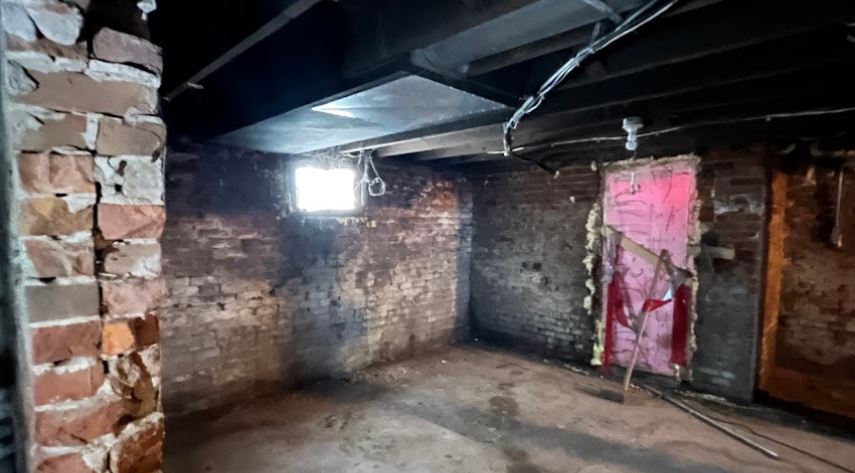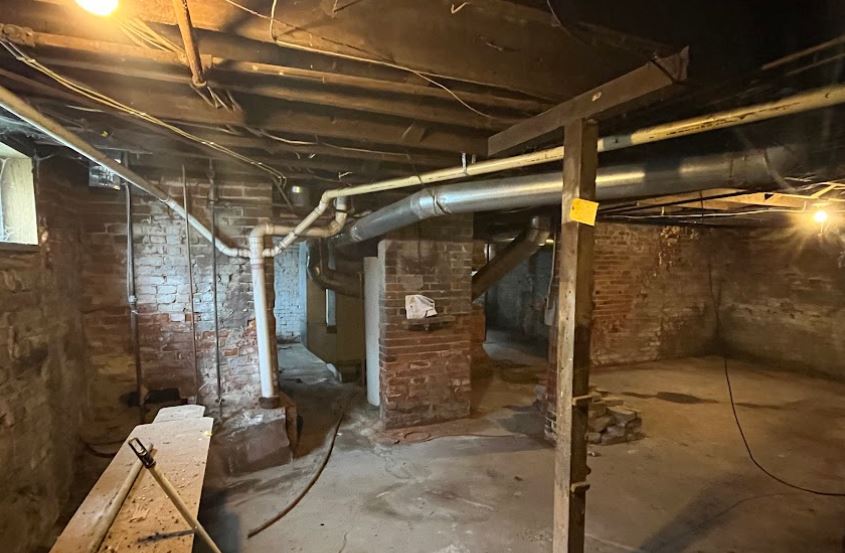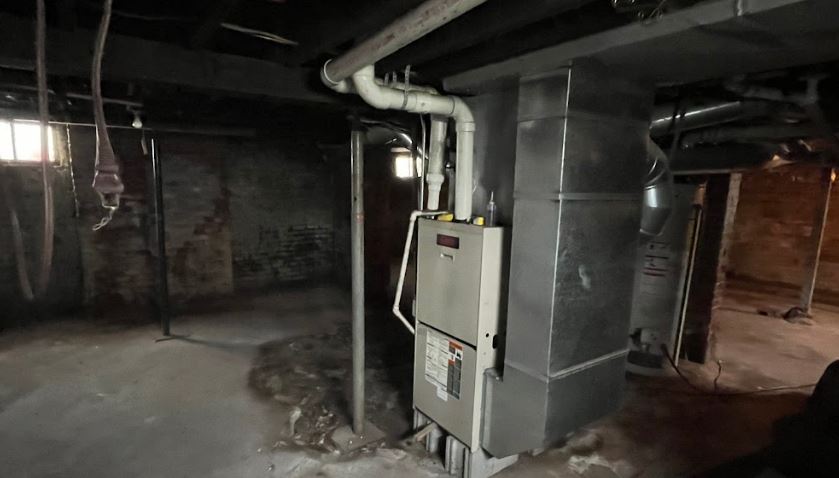Are you trying to sell a house that has water in the crawl space?
This can be a big problem for potential buyers and can even cause serious damage to the house if it's not taken care of.
Don’t worry though, you should still be able to sell it - but for a lower price.
In this post, I’ll give you a quick rundown of selling a house with water in the crawl space.
How Serious Is Water In A Crawl Space?
Water in a crawl space can be quite serious.
It can cause major structural damage and pose health risks!

That said, the severity depends on the amount of water, how long it's been present, and the overall moisture level in the crawl space.
A small amount of water from a recent rainfall might not be too bad, but standing water or continuous moisture problems can be very serious.
Can You Sell A House With Water In The Crawl Space?
You can sell a house with water in the crawl space. It's completely legal in every state as long as you disclose it to the buyers.
But the water in the crawl space will scare away most buyers, so it will take longer to sell.
Plus, you’ll have to list it at a lower selling price, and you might even have to offer credit.
Your best option is to address the water issue by finding the source, fixing it and waterproofing it. This way, you can get a better sale value.
But if you don’t want to deal with any of this, you can sell the house as is to a cash buyer!
Selling A House With Water In The Crawl Space
Let me go over how to fix the issue and then sell it first. After this, I’ll talk about cash buyers.
#1 Assess The Extent Of The Water Damage
Before you do anything, get a good idea of just how much water damage there is in the crawl space and the damage.
You might be able to check it yourself, but I recommend hiring an inspector or contractor to take a thorough look at the area and assess the damage.
They can also help figure out where the water's coming from.
And they’ll tell you what repairs need to be done and roughly how much it'll all cost.
Also Read: contractor wants 50 up front
#2 Address The Source
Once you know where the water's coming from, you'll need to take care of that issue first.
Maybe it's a leaky pipe that needs to be fixed, or maybe you need to improve the grading around your foundation to prevent water from pooling around the house.
Whatever the source of the water is, you've got to address that before you can move on.
Your contractor should be able to take care of it.
#3 Remove The Water And Dry The Area
Once you've figured out the source of the water and taken care of that, the next step is to get rid of any standing water in the crawl space and make sure the area is completely dry.
This might involve using dehumidifiers, fans, or other drying equipment.
It's super important to make sure the crawl space is bone-dry before doing any repairs, because moisture can lead to more damage and allow mold and mildew to grow.
Also Read: Mold And Water Damage In Distressed Houses
Don't skip this step or cut any corners.
Even a little bit of lingering dampness can lead to all sorts of problems down the line, like wood rot, structural damage, and nasty mold and mildew growth.
#3 Do The Repairs And Waterproof
Depending on the extent of the damage, you might have to do some repairs like replacing rotted or warped structural beams, joists, or subflooring.

You might also need to swap out any soggy insulation or vapor barriers.
But you can't just stop at repairs – you'll want to take some waterproofing measures to prevent this whole mess from happening again.
This could involve:
- Installing a sump pump to automatically remove any water that accumulates,
- Improving the slope around the foundation to divert water away from the house
- Applying waterproof coating or sealant to the crawl space walls and floor.
Also Read: Selling a house with foundation issues
#4 Disclose The Water Issue To Potential Buyers
Trying to hide or cover up the fact that there was water in the crawl space is just asking for trouble down the road.
When you're selling a home with known issues like this, you are legally obligated to disclose them. Otherwise you would end up in a lawsuit.
So disclose the issue to all the buyers.
But don't just stop at verbally disclosing the issue – you'll want to provide documentation to back it up, like inspection reports or the invoices for all the repairs and waterproofing.
Doing this helps build trust with buyers.
#5 List And Sell As Usual
Now it's time to list your home and sell it through all the usual channels – working with a real estate agent, putting it on the MLS, holding open houses, the whole nine yards.
But do have a realistic asking price that accounts for the added risk.
And be prepared for some buyers to have questions or concerns about the water situation.
This is totally normal and to be expected, so don't get defensive or try to brush it off.
Be willing to offer additional warranties or assurances as well. It can go a long way in putting buyers' minds at ease and increasing your chances of a successful sale.
Selling The House "As-Is" To A Cash Buyer
If dealing with the whole water issue and making repairs just isn't in the cards for you right now, you have another option - sell to a cash buyer.
Cash buyers are people or companies who buy houses in any condition, without requiring the seller to make any fixes.
Plus, they can close the sale really fast - even within a week!
However, you'll usually get a lower price than if you list in the open market.
But, you'll avoid the costs and hassles of the traditional selling process, like agent commissions, closing costs, and the possibility of the deal not happening.

